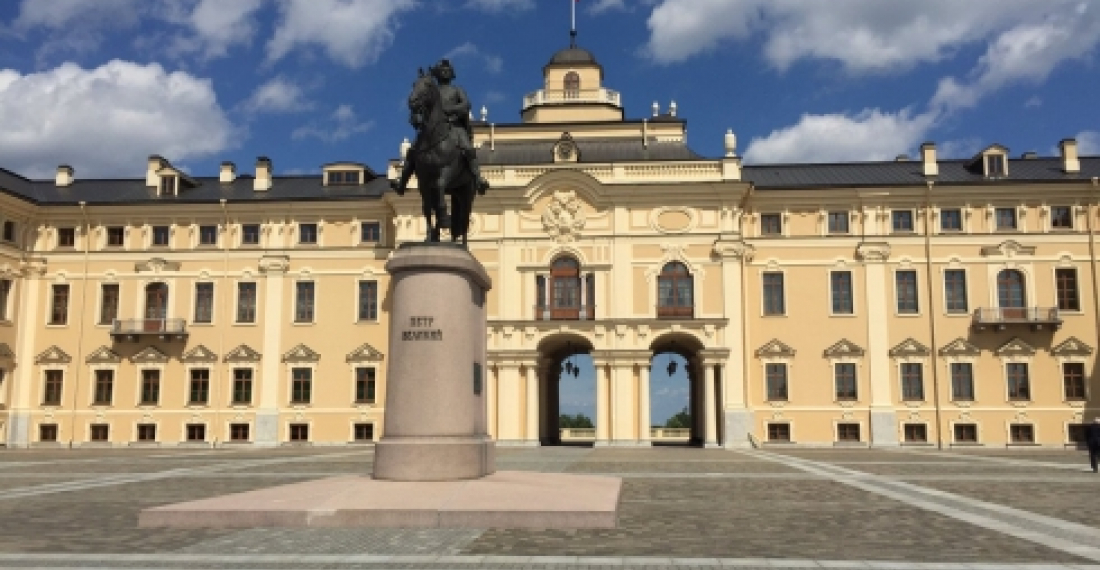Armenian president Serzh Sargsyan and Azerbaijani President Ilham Aliev, are in St Petersburg where later today they are expected to have separate bilateral meetings with Russian President Vladimir Putin. The three Presidents will then meet in trilateral format, and are expected to continue discussions afterwards over dinner.
The main focus of discussions is the conflict in Nagorno-Karabakh, and the escalation in violence across the line of contact in April. A spokesperson for the Russian President said that the main objective of the Russian side is to find ways of avoiding a repetition of the April incidents. At a meeting in Vienna last month, facilitated by the OSCE Minsk Process co-chair, it was reported that the sides agred to put in place a mechanism to investigate future incidents, but no details were agreed on that occasion.
US co-Chair of the OSCE Minsk Process, Ambassador James Warlick wrote on his twitter account that the talks, being held at the Constantine Palace in St Petersburg will help to "build trust, accelerate confidence-building, and create conditions for a framework document on NKpeace".
source commonspace.eu with agencies
photo; Constantine Palace in St petersburg, venue for the meeting between President Putin and the Armenian and Azerbaijani Presidents on 20 June 2016 (picture courtesy of @AmbJamesWarlick







